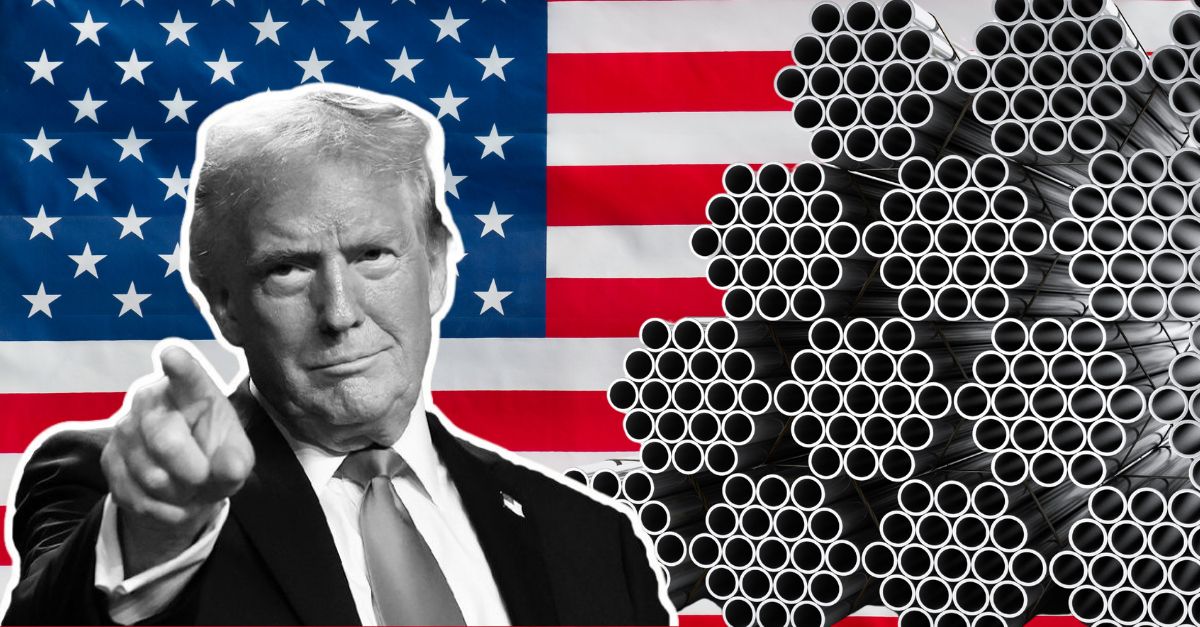India–US Trade Tensions Rise Over Steel and Auto Tariffs NMDC Limited reports a 38% drop in Q4 FY24 consolidated net profit RINL to Raise $23 Million Through Land Sales Amid Crisis

✔ Indian steel, auto, and textile sectors face export challenges
✔ U.S. domestic industries and competing exporters may gain from the tariff
✔ India may negotiate or impose countermeasures to balance trade impacts
The recent announcement by former U.S. President Donald Trump regarding a potential 26% tariff on Indian exports has sent shockwaves through global trade circles. The proposed tariff, primarily targeting Indian steel, aluminum, and manufactured goods, could have wide-ranging effects on industries both in India and the U.S.
Indian steelmakers, auto component manufacturers, and textile producers are among the hardest hit. The U.S. remains a key market for Indian exports, and a sharp increase in tariffs may erode profit margins, reduce competitiveness, and force exporters to seek alternative markets such as the EU and Southeast Asia.
Steelmakers, in particular, are vulnerable as India exports a significant portion of its flat steel and alloyed products to the U.S. The tariff could dampen export volumes, leading to a supply glut in the domestic market and downward pressure on steel prices.
U.S. domestic steelmakers stand to gain as higher import costs may encourage local buyers to source from American producers.
Countries like Vietnam, Mexico, and Brazil may fill the gap in the U.S. market left by expensive Indian exports.
India’s domestic manufacturing sector could see increased availability of raw materials, potentially reducing costs for local infrastructure projects.
Indian trade associations are lobbying for negotiations with the U.S. to mitigate the impact or secure exemptions for critical industries. The Indian government is also exploring countermeasures, including possible retaliatory tariffs on U.S. goods.
Also Read : Braya starts renewable diesel production in a come-by-chance refinery Biden sharply hikes US tariffs on billions in Chinese chips, steel